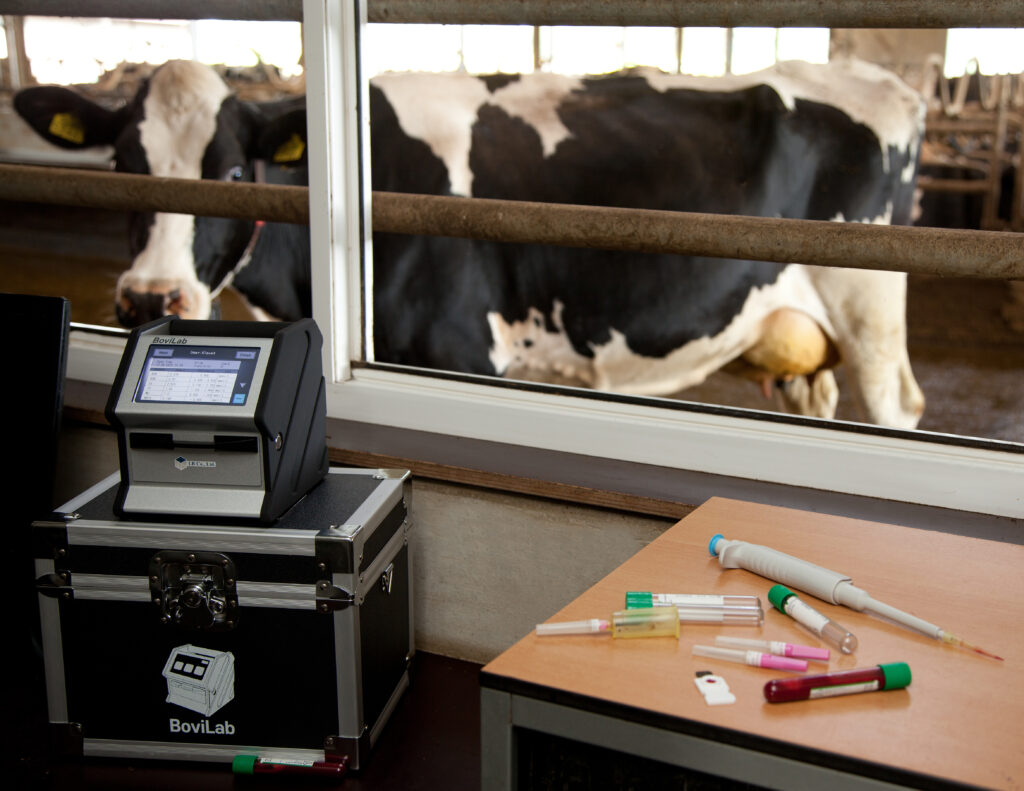In the transition period, cows can develop metabolic disorders, claw problems, reduced fertility and mastitis, among others. One condition can lead to the next, creating a snowball effect of trouble. Many of these problems are a result from calcium deficiency, energy deficiency, low immunity and/or rumen acidosis. The origin of these problems is often a low dry matter intake in the dry period.
One of the most common advice for dry cows is that the feed intake drops around calving. This cannot be avoided, but cows should start eating again soon after calving. This brings us back to the dry matter matter intake.
Dry cows really only have one task: to fill their rumen and keep it as full as possible until the day of calving. Producers that succeed in this task experience significantly less disorders in the transition phase because cows are hungry again soon after calving.
On many dairy farms, the transition period is a struggle. On the one hand, we speak nowadays a lot in generality when it comes to improving transition phase management. The rumen fill score (feed intake) of dry cows, for example, is easy to check with the naked eye. On the other hand, the results of blood analyses of cows are sometimes surprising. These two issues make it difficult to find out what blockages cows experience.
FarmLabo wants to address this by testing blood values of cows within 7 minutes and on the dairy farm. With BoviLab, FarmLabo’s blood analysis device, you get quick insight into the health status of dairy cows during the transition phase.
BoviLab measures blood samples for calcium, magnesium, phosphorus, beta-hydroxybutyrate (BHB), non-esterified fatty acids (NEFA) and urea. The device makes it possible to quickly determine from essential blood values whether cows are suffering from energy- or calcium deficiency, for example. By frequently testing blood from fresh and dry cows, veterinarians, producers and feed consultants can monitor the transition phase and master the snowball effect of disorders.

